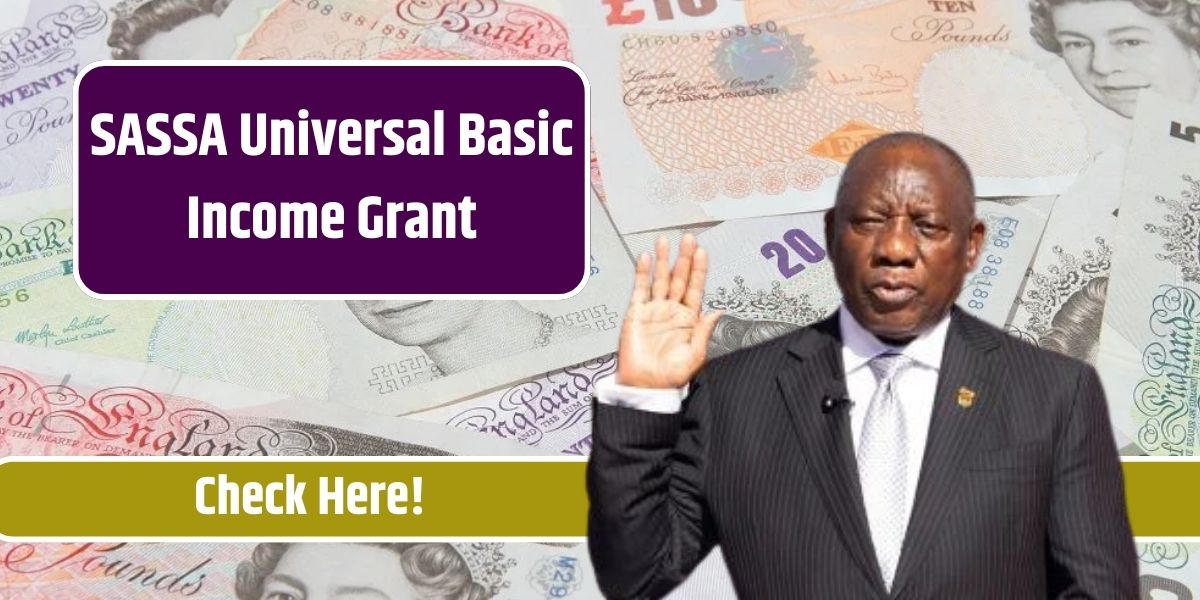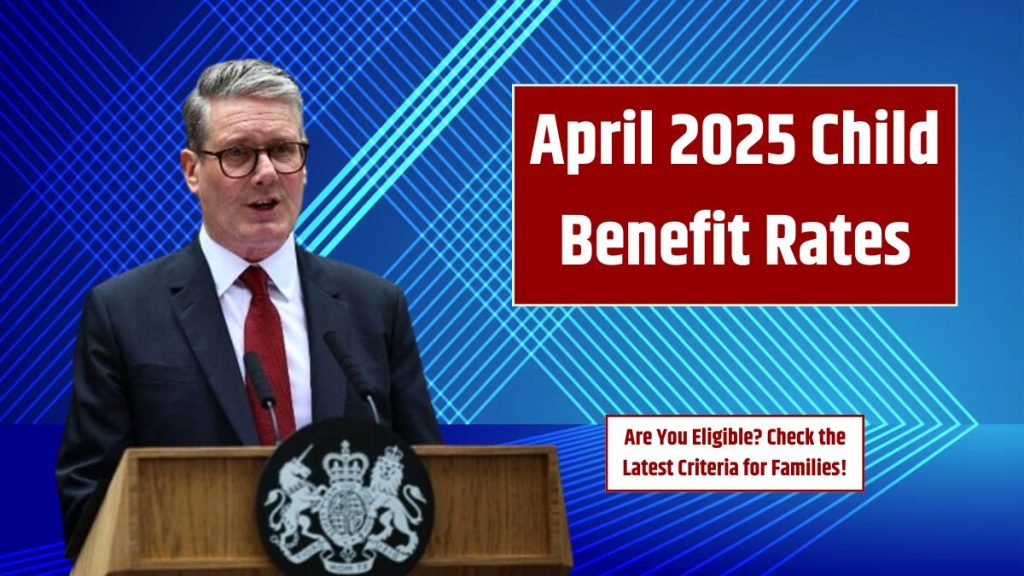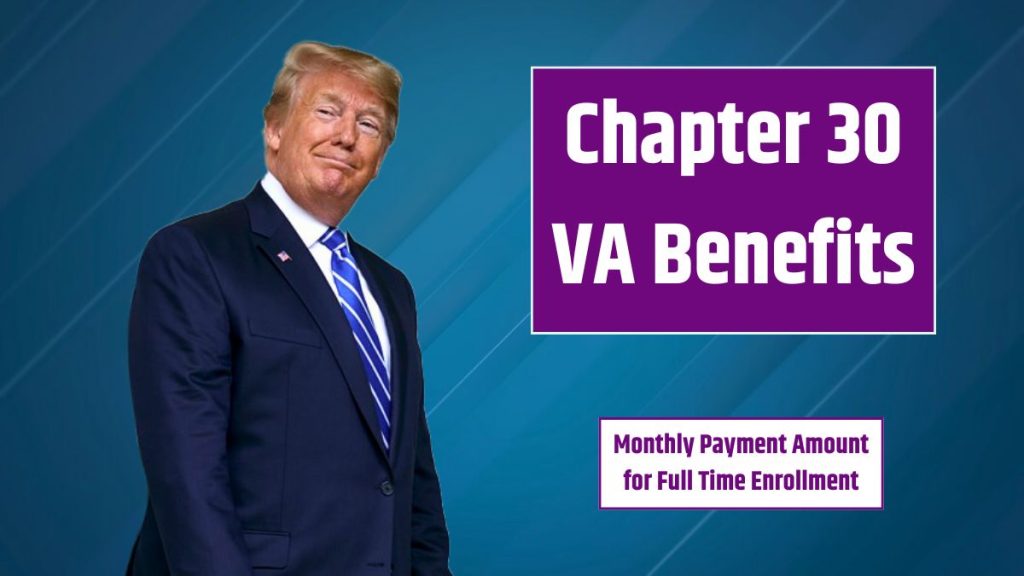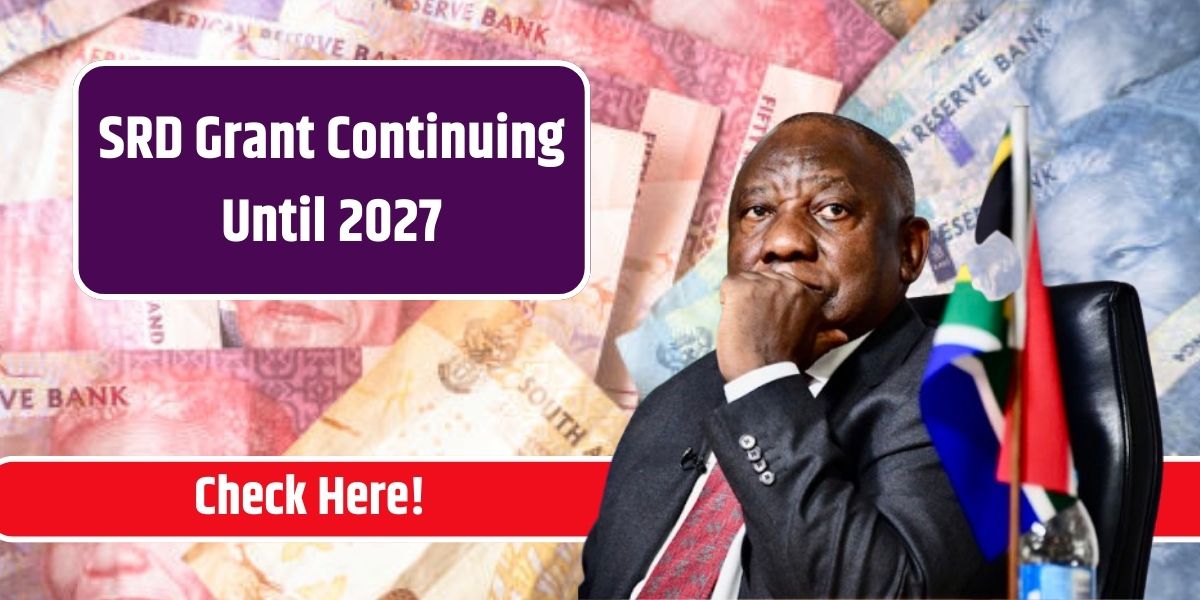South Africa is experiencing a seismic shift in its political landscape following the African National Congress (ANC) losing its majority in the May 29, 2024, general elections. This marks the most significant political change since the end of apartheid. As the country transitions into a new political era, coalition negotiations are underway, signaling potential shifts in policy priorities, including those focused on social support and poverty alleviation.
Negotiations and Political Alliances
The ANC, which has dominated South African politics for decades, is now engaged in complex discussions with rival parties to form a coalition government. Despite political differences, most parties, including the Democratic Alliance (DA), agree on maintaining or expanding social safety nets. This includes extending monthly COVID-19 relief payments to the most vulnerable households, ensuring continuity in financial aid during this transitional period.
ANC’s Commitment to Universal Basic Income (UBI)
A central pillar of the ANC’s policy agenda is the transformation of the COVID-19 relief grant into a Universal Basic Income (UBI). Announced shortly before the elections, the ANC aims to implement this policy within two years, potentially making South Africa the first country to introduce a UBI. This initiative would provide regular payments to all individuals aged 18 to 59, regardless of employment status, positioning South Africa as a global pioneer in social welfare reform.
Current State of Social Relief
South Africa’s Social Relief of Distress (SRD) grant currently targets individuals with monthly incomes below the food poverty line. However, the ANC envisions extending support to all adults by raising the income threshold. Presently, the means-testing system relies on outdated 2021 poverty benchmarks, leaving many ineligible despite financial need. Expanding the criteria could significantly increase access to essential support.
The Global Context of UBI
The idea of a Universal Basic Income has been debated globally as a tool to combat inequality. Advocates like Elon Musk suggest UBI as a response to automation-related job losses, while civil rights leader Martin Luther King Jr. championed it as a solution to poverty. The COVID-19 pandemic further popularized the concept, with emergency financial support provided by many governments highlighting its potential benefits.
Case Studies in UBI Implementation
- Kenya: Trials conducted by GiveDirectly demonstrated UBI’s transformative impact. Recipients improved their diets, started businesses, and saved for larger expenses.
- Spain: Introduced anti-poverty payments of €1,015 monthly to 850,000 households during the pandemic.
- United States: The CARES Act distributed $1,200 payments to adults earning below $99,000 annually, stabilizing many households.
- United Kingdom: Implemented furlough schemes and increased universal credit payments, distributing £100 billion to affected individuals.
These case studies highlight how UBI can empower individuals, reduce inequality, and stimulate economic growth.
Economic Implications of UBI in South Africa
Research underscores the economic benefits of direct financial aid to low-income households. According to the Institute for Economic Justice (IEJ), 93% of SRD grant recipients spend their funds on essential items like food, driving economic activity. Expanding this support to a UBI model could amplify these benefits, fostering both individual and national economic resilience.
Challenges with the Current System
Despite its benefits, South Africa’s social relief system faces significant challenges:
- Insufficient Funds: SRD payments cover only half of the amount needed to meet basic food needs.
- Accessibility Issues: Millions of eligible individuals are excluded due to cumbersome application processes and technical barriers, such as limited internet access.
- Means-Testing Flaws: Automated systems often disqualify deserving individuals, disproportionately affecting vulnerable populations.
The #PayTheGrants campaign and the IEJ have called for reforms, advocating for a more inclusive and streamlined approach.
Lessons from the Past and Future Directions
South Africa’s decision to maintain COVID-19 grants, despite fiscal pressures, contrasts sharply with other nations that reverted to austerity measures post-pandemic. For instance, in the UK, the cessation of increased universal credit payments led to a surge in poverty, demonstrating the risks of withdrawing such support prematurely.
In contrast, when South Africa briefly halted grants in 2021, widespread riots ensued, underscoring the critical role these payments play in maintaining social stability. This history emphasizes the need for a robust, reliable system that ensures widespread access to financial assistance.
The Road Ahead
If successfully implemented, UBI could be a transformative policy for South Africa, addressing deep-seated poverty and inequality while spurring economic growth. However, its success will hinge on overcoming existing challenges in the social relief system and ensuring effective administration.
What is Universal Basic Income (UBI)?
UBI is a financial system where regular payments are provided to all individuals, regardless of employment or income status, to ensure a basic standard of living.
Why is UBI important for South Africa?
UBI has the potential to reduce poverty, support economic activity, and address income inequality, particularly in a country with high unemployment rates.
How will UBI be funded in South Africa?
The funding mechanisms have not been fully disclosed, but potential sources include tax reforms, international aid, or reallocating existing budgetary resources.










